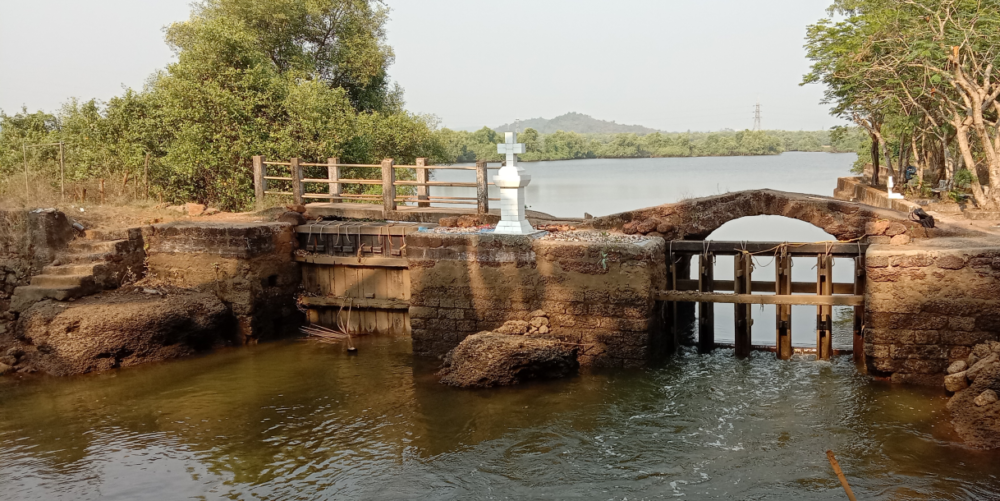By Neena Bhandari
Sydney, 29.04.2024 (SciDev.Net): Crisis-hit Sri Lanka is focusing its research funding this year on projects that can generate direct economic benefits for the country, build capacity, and enhance human resource development, according to the chief executive of its National Research Council (NRC).
“We will be providing grants to projects that value-add to natural resources and minerals in the country, renewable energy, agriculture, climate change and food security, and medical research,” says NRC’s Chief Executive Officer Shanika Jayasekera.
Sri Lanka has been hit by acute inflation and a lack of foreign investment that has led to dramatic cuts in research funding and a crisis in its healthcare system.


